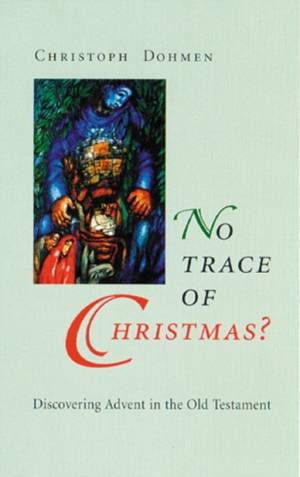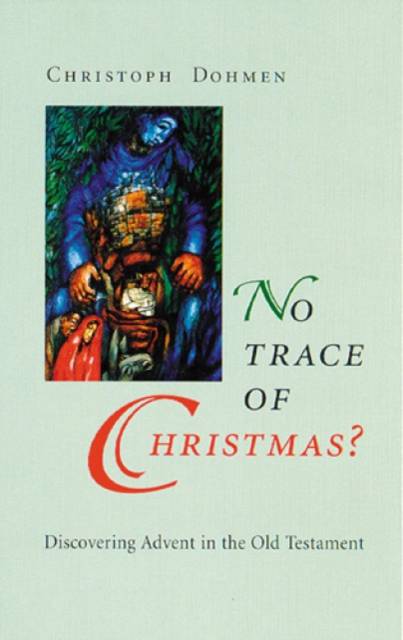
- Afhalen na 1 uur in een winkel met voorraad
- Gratis thuislevering in België vanaf € 30
- Ruim aanbod met 7 miljoen producten
- Afhalen na 1 uur in een winkel met voorraad
- Gratis thuislevering in België vanaf € 30
- Ruim aanbod met 7 miljoen producten
Omschrijving
What is the significance of Jesus' genealogy in the Gospel of Matthew? Why do we put and ox and ass at our creches? Why did angels appear to the shepherds? In No Trace of Christmas? Christoph Dohmen explains why the answers to these and other questions regarding our understanding of Christmas are to be found not in the New but in the Old Testament.
For the most part Christians regard the Old (or First) Testament as pre-history, a preparation for, or a promise of the New Testament and its proclamation of Christ. This is especially true during Advent, when the Christian liturgy directs our attention to the promise and its fulfillment. Yet Advent's status as the beginning of the Church year - as a turning point - calls us to look back in order to move forward. We read intensively from Old Testament prophecy texts with a special view toward their future meaning. Hence, Advent is the time of the year when Christians are reminded that they have one sacred Scripture in two parts, one Bible composed of the Old and New Testaments.
Since it was with the aid of the Old Testament that the early Church interpreted the event at Bethlehem, many of the images and biblical texts associated with Christmas can only be understood by following their Old Testament roots. Like the Magi who followed the star, we can, with Dohmen's help, follow in the liturgy of Advent and Christmas the traces that lead us into the Old Testament. Following those traces, we can arrive at a Christmas that appears to us in a new light, that of the Old Testament.
Chapters are In Search of Traces," "It All Began Before Christmas," "Addressed and Claimed," "A Gift from Heaven," "When Shepherds Become Prophets, "You Shall Make No Crib for Yourself!" "Joseph, What Are You Dreaming?" "A New Age Is Beginning," "In Order That Might Be Fulfilled . . .," "In Our Midst," "Yad Vashem," "You, Bethlehem . . .," and "Following the Trace."
Specificaties
Betrokkenen
- Auteur(s):
- Vertaler(s):
- Uitgeverij:
Inhoud
- Aantal bladzijden:
- 104
- Taal:
- Engels
- Reeks:
Eigenschappen
- Productcode (EAN):
- 9780814627150
- Verschijningsdatum:
- 1/09/2000
- Uitvoering:
- Paperback
- Formaat:
- Trade paperback (VS)
- Afmetingen:
- 136 mm x 208 mm
- Gewicht:
- 145 g

Alleen bij Standaard Boekhandel
Beoordelingen
We publiceren alleen reviews die voldoen aan de voorwaarden voor reviews. Bekijk onze voorwaarden voor reviews.









